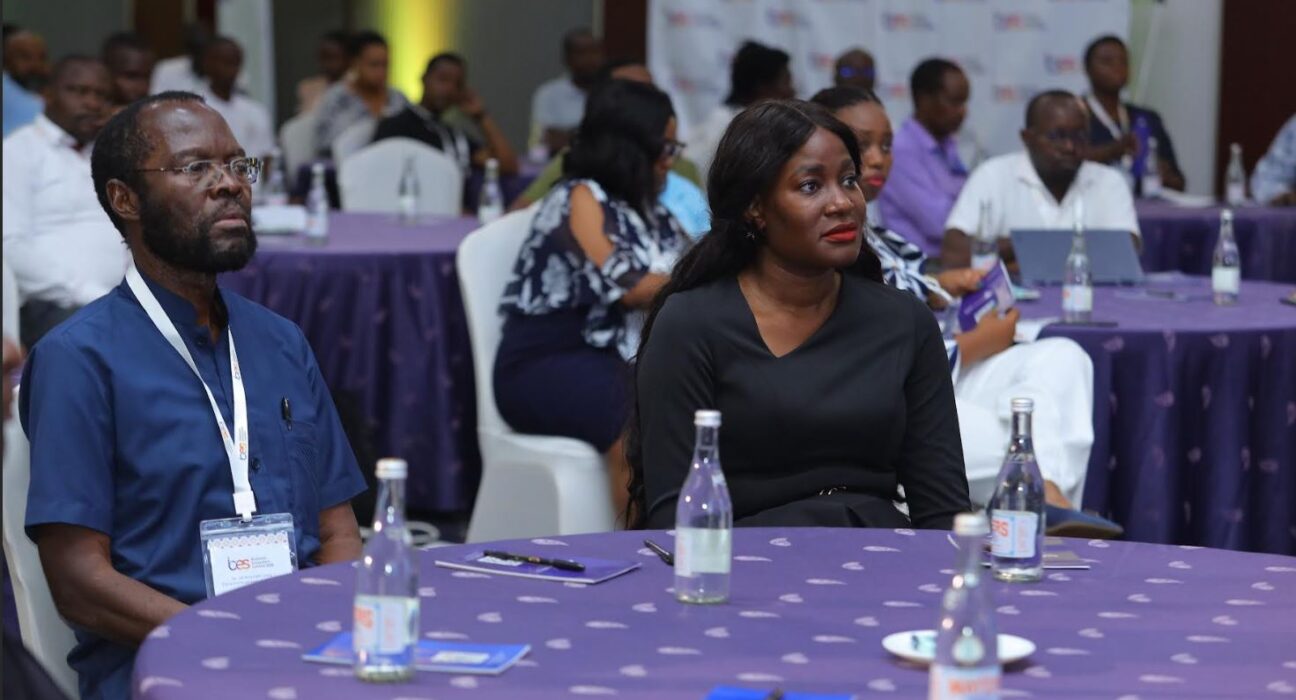Kenya’s micro, small and medium enterprises have issued a renewed call for deeper investment, stronger partnerships, and practical support systems to unlock the next phase of enterprise growth in a sector that contributes more than 40 percent of the country’s GDP and employs over 14 million people. This message defined the Business Ecosystems Summit 2025 in Kisumu, which brought together MSME owners, corporate leaders, investors, and development partners in one of the region’s largest enterprise-focused gatherings.
Convened by The IMC People in collaboration with the Lake Region Economic Bloc and the Kisumu County Government, the Summit amplified a shared view across stakeholders that Kenya’s 7.4 million MSMEs remain undercapitalized despite being critical drivers of national productivity, innovation, and household livelihoods.
Investors Urged to Move from Commitments to Capital Deployment
Speaking during the opening address, Jeanette Oromo, CEO of The IMC People and convener of the Summit, challenged the business community to convert high-level commitments into actionable investment.
“The momentum we are witnessing at the 2025 Business Ecosystems Summit must translate into tangible investments and partnerships. It is time to move beyond rhetoric and actively deploy capital into MSMEs. The biggest challenges these enterprises face are related to access to financing and capital, yet they remain the backbone of our economy,” she said.
Her remarks underscored a sentiment widely shared across the Summit’s plenaries and sector panels. Delegates noted that MSMEs continue to face restrictive collateral requirements, short-term financing structures, limited access to patient capital, and fragmented market linkages that slow enterprise maturation.
According to Ms. Oromo, the sector is ripe for scale if Kenya strengthens inclusive value chains, adopts innovative financing models, and builds stronger public-private coordination. She added that the Summit is evidence that structured engagement among industry players can unlock solutions that are often scattered across institutions.
LREB Positions Kisumu as a Regional Investment Hub
Kisumu Governor and Lake Region Economic Bloc Chairperson, Prof. Peter Anyang’ Nyong’o, said the region is increasingly proving its readiness for enterprise growth and international investment. He cited Kisumu’s rising status as a host location for major business events, including the inaugural BES in 2023 and high-profile global conferences such as the Afreximbank forum in 2024.
“This demonstrates that Kisumu and the Lake region are open, competitive and strategic for business,” said Prof. Nyong’o. “Our infrastructure, investor support systems and growing innovation networks make the region an ideal location for MSME expansion.”
He noted that strengthening the region’s position within the LREB economic corridor is central to plans to attract manufacturing, agribusiness, logistics and tourism investments.
Diplomacy Meets Enterprise
In one of the Summit’s most notable interventions, Her Excellency Nasra Salim Mohamed Al Hashmi, Ambassador of the Sultanate of Oman to Kenya, underscored the importance of cross-regional collaboration in expanding opportunities for entrepreneurs.
“Oman and Kenya are no strangers to each other and we see Kenya as a strategic gateway to East and Central Africa. Our governments are committed to building cross-regional networks that empower women-led enterprises, youth innovators and startups with global aspirations,” she said.
She added that the future of trade and inclusive development lies in sustained cooperation between governments, private sector actors, and development stakeholders. According to the Ambassador, platforms such as the Summit help nurture the relationships that drive long-term investment decisions.
More Exhibitors, Bigger Market Linkages
The 2025 edition of the Summit expanded significantly from its 2023 launch, which attracted an estimated 9,000 participants. This year’s event recorded more than 10,000 visitors on its opening day alone, driven largely by the expanded marketplace and investor matchmaking sessions.
The marketplace showcased over 300 exhibitors, most of them MSMEs displaying innovations across agritech, textiles, food processing, green industries, creative sectors, logistics technology and professional services. Organisers reported deeper engagement from financial institutions, investment funds, and large corporates exploring supply chain partnerships.
Stakeholders noted that these interactions increase the probability of MSMEs securing long-term contracts, credit facilities, and growth partnerships that are necessary for scaling.
Building Year-Round Platforms for MSME Growth
Looking beyond the Summit, Ms. Oromo said The IMC People intends to build continuous engagement platforms throughout the year rather than relying on a single annual convening.
“Our commitment moving forward is to create more of these platforms throughout the year to grow the impact of the Summit. We must build permanent bridges between MSMEs and the resources they need to scale. No entrepreneur should struggle in isolation when solutions exist within reach,” she said.
Participants echoed the need for policy harmonisation across counties, streamlined business regulations, tailored financing tools for different enterprise stages, stronger SME data systems, and coordinated market access programmes.
Backing from Key National Institutions
BES2025 was supported by a strong coalition of institutions, including Arise IIP Kenya, AAR Insurance, KenInvest, the Kenya National Chamber of Commerce and Industry Kisumu Chapter, the Export Processing Zones Authority, and Med Aditus. Their presence reinforced the Summit’s positioning as a high-level, multi-sector platform for strengthening Kenya’s enterprise ecosystem.
Organisers indicated that outcomes from the Summit would be compiled into a sector action framework to guide future partnerships and investment priorities.





